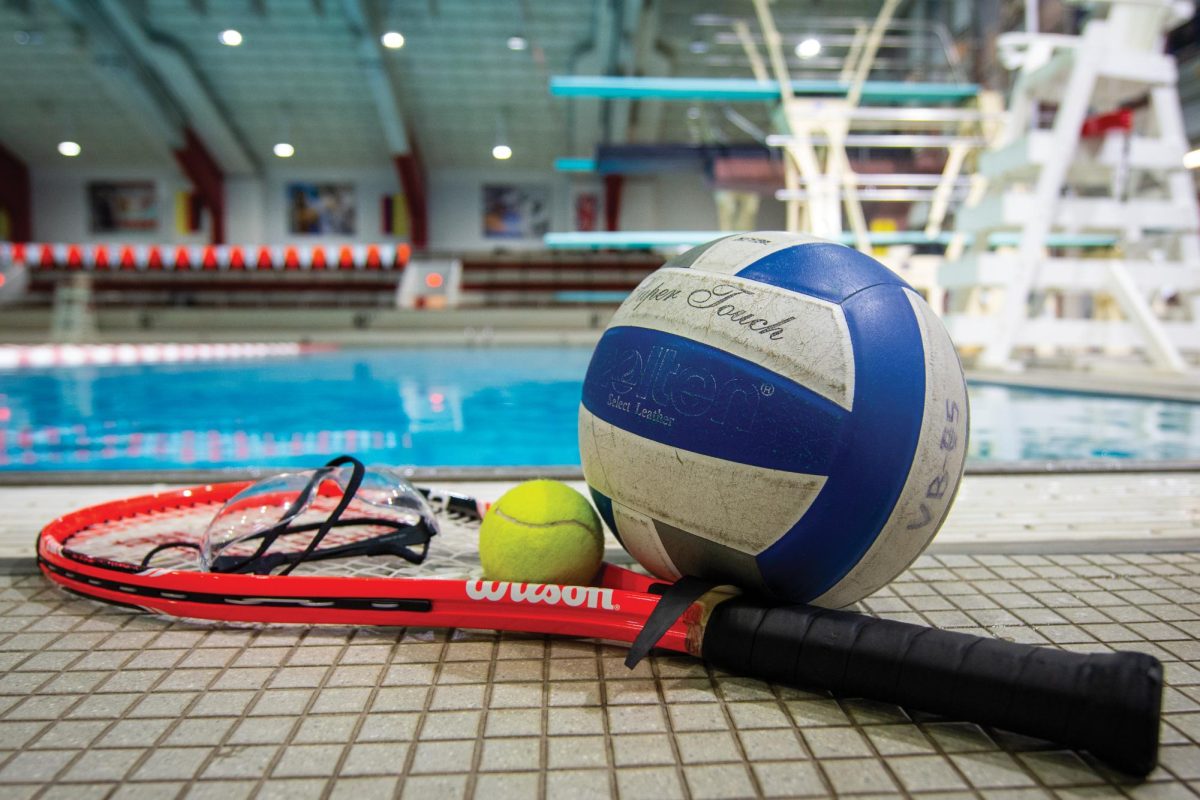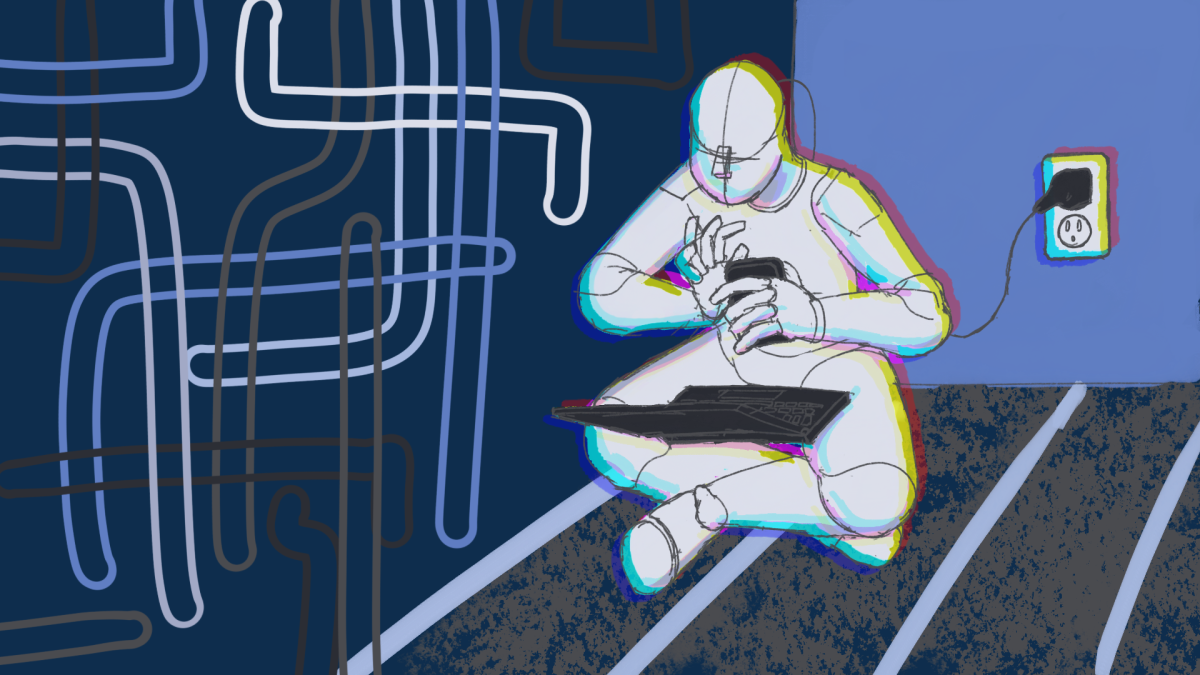Upon the election of Donald Trump, as a student studying environmental science, I felt as if America had just undone all the progress toward finally addressing U.S. climate policy. While science has always been politicized, I felt strongly that this situation would be different.
I vividly remember the conversation I had with my mother after hearing the news of the new president-elect.
“It’s still not too late to change your degree,” she said.
My peers and I are concerned, and rightfully so, since the current administration will still be in office when we will begin our search for jobs. In order for environmental students at NC State to graduate with a competitive advantage, we must be fully aware of the current issues in the field. Professors should include current events in the realm of science and policy into their classrooms, to prepare students for the rigors of the real world.
President Trump has stated numerous times that he believes that environmental regulations are harmful to business. It should have been no surprise that the first week would result in a new ban to ensure communication lines between a bulk of America’s public science institutions and the public are null. The rules regarding how and if agencies can speak about their scientific research vary, but the resulting lack of transparency is unmistakable.
NC State is a state-funded, land-grant institution that offers a full spectrum of research related opportunities. The schools of agriculture, science and engineering rely on mechanical and agricultural research. As a land-grant school, we are given federal funding for research so long as those funds are similarly matched by state funds. For example, NC State’s agricultural research is economically beneficial to rural North Carolina and the unbiased communication of this research is crucial.
Betsy DeVos, U.S. secretary of education, spoke at the Conservative Political Action Conference on Feb. 23 regarding her views on higher education and how it limits free speech. Professors tell students “what to say, and more ominously, what to think,” DeVos said.
After hearing this I was in awe. In my classes, it seems this could not be further from the truth. In fact, after the election my frustrations were frequently met with silence from my professors.
While academic freedom is a disputed issue, that does not take away from the fact that it is essential in the pursuit of knowledge. The freedom to pursue research and knowledge, and to communicate these findings is intrinsic to the scientific method.
When science is viewed by some as facts and by others as opinions, the result is an ambiguous mess. Therefore, many students can interpret facts as opinions and vice versa, creating an environment that is not ideal for learning. While our time at NC State is an opportunity to think rationally and engage in active learning, that is not always the case. When the fields of academia and politics are treated as if they are mutually exclusive the result is a limited understanding of both disciplines.
In our current political environment, I believe it is important for college educators to have a deep understanding of what can and should be discussed in class based on the subject matter at hand. It is also equally important for students to see these discussions as a means to see the world around them or their subject matter possibly in a new light, even if it contradicts with their own beliefs. College is a time to learn about different ideologies, and if we limit ourselves in this journey we are only doing a disservice to ourselves and our academic perspectives.
Climate change is this generation’s dilemma. Regardless of who is in power or if you are a “believer” of the science, it does not change the fact that there is rational, hard evidence indicating so. We are faced with an environmental crisis in our world today, and I encourage you to join the conversation.





